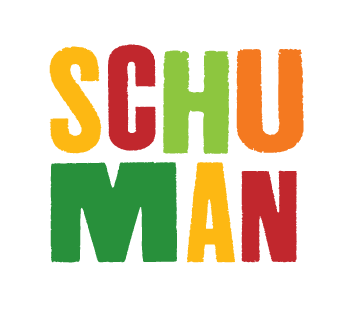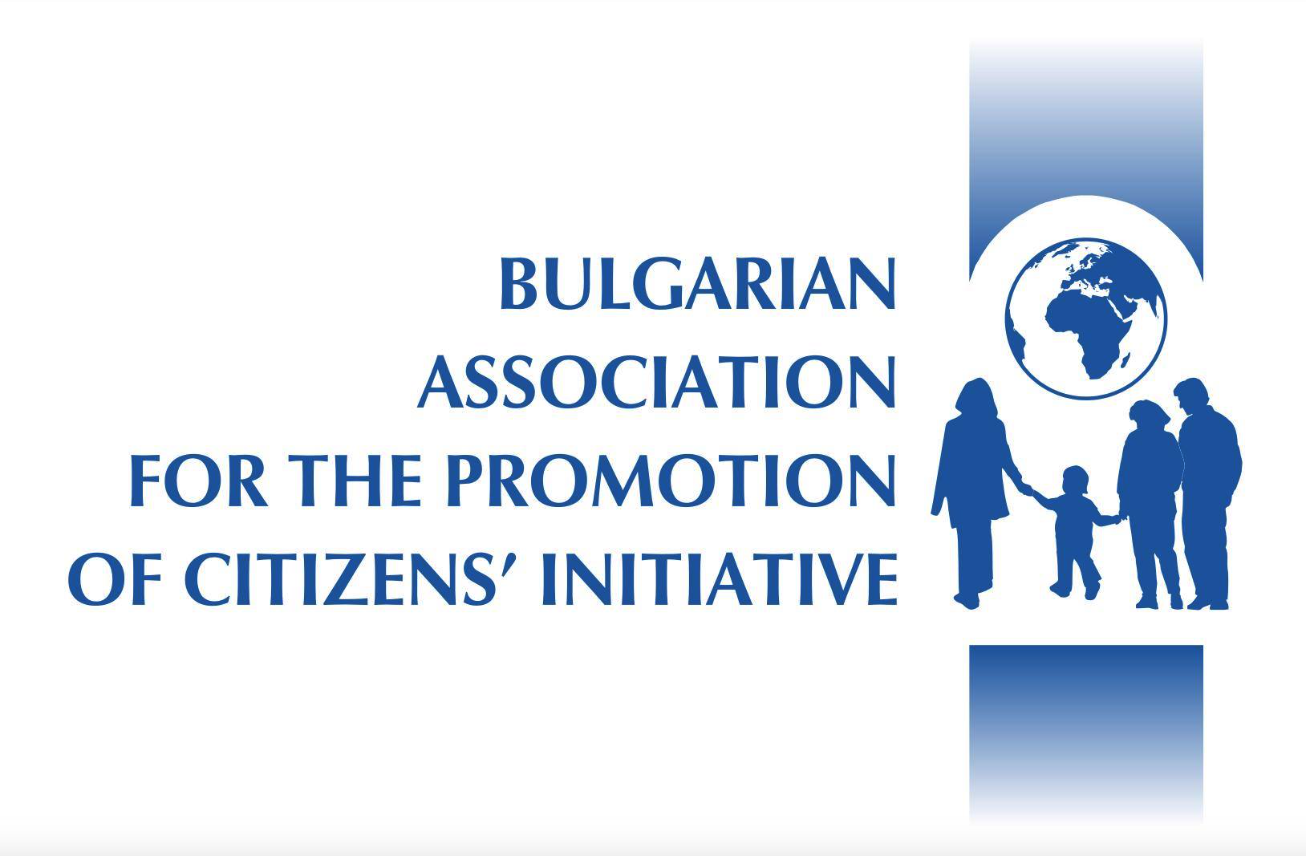
The Schuman Declaration from 9 May 1950
On 9 May 1950, French Foreign Minister Robert Schuman issued his historic Schuman Declaration. Shortly after the Second World War, it served as the impetus for the creation of the European Coal and Steel Community in 1951, which later became the EU. So thanks to Robert Schuman, we celebrate Europe Day every year on 9 May!
The peace of the world cannot be maintained without creative efforts commensurate with the scale of the threat.
The contribution that an organised and vibrant Europe can make to civilisation is essential to the maintenance of peaceful relations. France, which has been working for a united Europe for more than twenty years, has always had as its essential objective to serve peace. Europe did not come into being, we had the war.
Europe cannot be made in one fell swoop, not even by a simple summary: it will be made by concrete facts that first create a solidarity of action. The unification of European nations presupposes that the centuries-old antagonism between France and Germany is eradicated. The work begun must first involve Germany and France.
To this end, the French government proposes to take immediate action on a limited but crucial point.
The French government proposes to place all Franco-German coal and steel production under a common High Authority, in an organisation open to the other European countries to join. The pooling of coal and steel production will immediately ensure the creation of common bases for economic development – the first stage of European federation – and will change the destination of those areas long devoted to the manufacture of arms, of which they have been the surest victims.
“The contribution that an organised and vibrant Europe can make to civilisation is essential for the maintenance of peaceful relations.”
Source: Bundesarchiv, Bild 183-19000-2453 / CC-BY-SA 3.0
The solidarity of production thus created will proclaim that any war between France and Germany is not only unthinkable but materially impossible. The creation of this powerful community of production, open to all countries wishing to participate in it, with the aim of supplying all the countries it embraces with the necessary basic materials for their industrial production on equal terms, will lay the real foundations for their economic unification.
This production will be made available to the whole world, without distinction or exception, in order to contribute to the raising of the standard of living and the promotion of the works of peace. Europe will then be able to pursue with increased means the realisation of one of its essential tasks: the development of the African continent.
In this way will be realised easily and quickly the bringing together of interests which is indispensable for the creation of an economic community, and which includes the ferment of a wider and deeper community of countries long separated by bloody feuds.
By merging the basic industries and setting up a new High Authority whose decisions will be binding on France, Germany and the other countries involved, this proposal will form the first foundation stone of a European federation, which is essential for the preservation of peace.
In order to pursue the realisation of the objectives thus outlined, the French Government is prepared to open negotiations on the following bases.
“By merging the basic industries and establishing a new High Authority (…) this proposal will form the first cornerstone of a European federation, which is essential to preserve peace.”
Source: Bundesarchiv, Bild 183-19000-2453 / CC-BY-SA 3.0
The task entrusted to the Joint High Authority will be to secure in the shortest possible time: the modernisation of production and the improvement of quality, the supply of steel and coal on equal terms to the French and German markets and to the market of all the countries concerned, the development of common exports to the other countries, the equalisation of the living conditions of the working classes of these industries in progress.
In order to achieve these objectives, given the very different production conditions in which the countries concerned actually find themselves, certain temporary arrangements must be made, namely: the application of a production and investment plan, the establishment of price equalisation mechanisms and the creation of a convertibility fund to facilitate the rationalisation of production.
Imports and exports of coal and steel between the countries involved will immediately be exempted from all customs duties and must not be treated according to different freight tariffs. In this way the conditions will gradually develop which will then of themselves provide for the most rational distribution of production at the highest level of efficiency.
Unlike an international cartel that seeks to divide and exploit national markets through restrictive practices and the maintenance of high profits, the planned organisation will ensure the merging of markets and the expansion of production.
“The principles and substance of the treaty hereby outlined shall be the subject of a treaty signed by the states and ratified by the parliaments.”
Source: Bundesarchiv, Bild 183-19000-2453 / CC-BY-SA 3.0
The principles and essential points of the agreement hereby outlined shall be the subject of a treaty to be signed by the States and ratified by the Parliaments. The negotiations necessary for the elaboration of the implementing provisions shall be conducted with the assistance of an arbitrator to be appointed by a common agreement. This arbitrator will have to see to it that the agreements conform to the principles and, in the event of irreconcilable differences, to determine the final solution to be adopted.
The common High Authority, entrusted with the function of overall administration, will be composed of independent personalities appointed by the governments on an equal footing. By common consent, a President will be elected by the governments, whose decisions will be taken in France,
in Germany and in the other participating countries will be binding. Appropriate arrangements will ensure the possibility of appeal against the decisions of the High Authority.
A representative of the United Nations in this authority will be mandated to make a public report twice a year to the organs of the United Nations on the activities of the new organism, in particular on the maintenance of its peaceful purposes.
The establishment of a High Authority shall in no way affect the question of ownership of the facilities. In carrying out its task, the joint High Authority will take into account the powers conferred on the International Ruhr Authority as well as the obligations of every kind imposed on Germany as long as they exist.
Supported by:

A project by:






